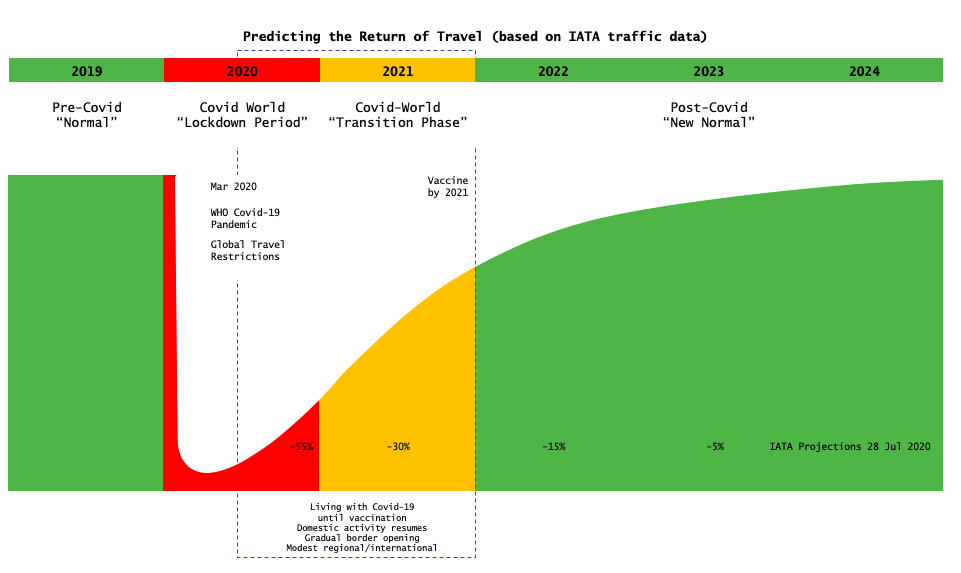 Mass evacuation: complex and risk-based
Mass evacuation: complex and risk-based
The aim of mitigating risk is to try to make sure the worst doesn’t happen, but if it does, we at International SOS specialise in getting people out of harm’s way.
A large part of our work is evacuation planning. We’re talking about mass evacuation of 20, 50, 100, 1,000 or 2,000 people at a time. The logistics and planning around that is complex and risk-based.
The purpose of the planning is to allow organisations in a country to help themselves in an evacuation. It covers the time when an evacuation is called until we can get assistance to them.
It may not always be possible to get an incident management team to a country because borders are closed or airspace shut.
In this case, the evacuation planning we do helps the company organise itself to gather people, account for them, equip them accordingly, and give them advice on where to go, where to muster, how to travel.
It might be more dangerous to travel during that time than to stay safer, so while we’re enacting a plan we are able to deliver updated information and give them tactical advice.
Lane Aldred is regional security manager Asia Pacific with International SOS and Control Risks
 Determining risk levels
Determining risk levels
Melbourne Convention and Exhibition Centre (MCEC) hosts more than 1,000 events a year, and for each event we use a risk-based approach to determine the level of risk.
Effective risk management needs to start as early as possible in the event planning cycle. A key initial action tool we have introduced at MCEC is a security risk indicator protocol. This is a document which specifies certain criteria that our sales and event planners refer to from the initial inquiry of an event, to the event lifecycle.
Melbourne CEC targets A$167 economy boost with expansion
We do not expect our sales and event planning staff to be security-risk experts. However, the tool is simple and leads via a flow chart to a course of action to be taken if one or more high-risk indicators are identified.
These measures form part of an holistic approach by the entire team from all departments to result in a seamless integration of security, based on risk.
John Galea is security manager at MCEC
Steve Cray interviewed Aldred and Galea as part of MIX’s Spotlight feature on security in the MICE industry in our April-May issue.


